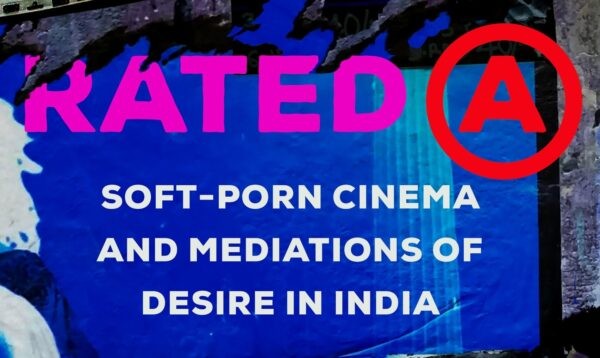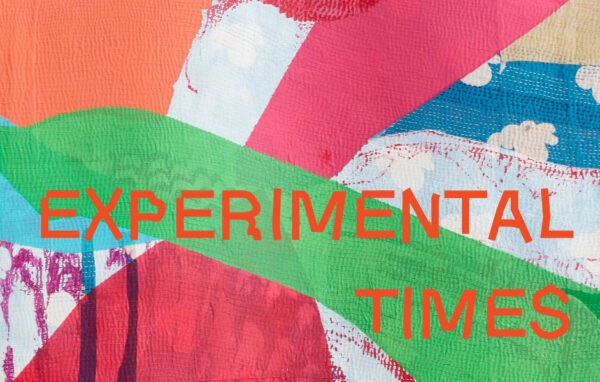6 Results

An Exploration into India’s Adult Film Industry
Apr 01 2025
Darshana Sreedhar Mini, author of "Rated A," speaks about labor in soft porn in India and the unflattering treatment of actors.

Tinkering with the Future: Everyday Experiments Under Startup Capitalism
Nov 05 2024
In their insistence on reworking what labor means and how it is experienced, women workers in Bengaluru offer significant insights into the time, space, and meaning of work under startup capitalism.

The Modern Day Lives of Old Healing Texts
Jun 23 2022
By Anthony Cerulli, author of The Practice of Texts: Education and Healing in South IndiaIn the early 2000s, I spent some time in south India learning about the history and contemporary life of Ayurveda, one of India's classical healing traditions that I wanted to become a central topic of my di

The Understudied Social Lives of Public Transit
Nov 08 2021
By Rashmi Sadana, author of The Moving City: Scenes from the Delhi Metro and the Social Life of InfrastructureOne of the first people I interviewed for my new book, The Moving City: Scenes from the Delhi Metro and the Social Life of Infrastructure, was a woman in her fifties who I call Vanit

How Tales of the Feminine Divine Offer an Alternative to Ancient Religious “Memes”
Feb 19 2021
By Michael Slouber, editor of A Garland of Forgotten Goddesses: Tales of the Feminine Divine from India and BeyondIn the Internet age, memes have come to refer to images that are rapidly shared on social media platforms. The term “meme” has an interesting backstory. It was coined in 1976 by genetici

Post-pandemic Will the Poor Get Poorer?
Oct 29 2020
Anirudh KrishnaAnirudh Krishna’s essay “The Poorest After the Pandemic” is featured in Current History’s November special issue on the pandemic’s global ramifications. Krishna is the Edgar T. Thompson Professor of Public Policy and Political Science at Duke University. His research investigates